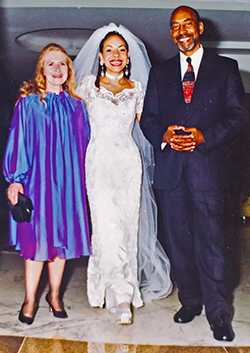Electoral Reform: A breed apart
- Details
The Commons has a disproportionate number of privately educated white men - not exactly representative
There are many strange things about sitting on the green benches of the House of Commons – from the men in tights wielding silver-buckled swords (Sergeant at arms), to the fishing-net of tiny microphones dangling above your head. But the thing I never got used to was more prosaic yet profound: that the politicians don’t look like the society that puts them there. For a start four out of every five MPs are men. Of that, there are only two black women and not a single Asian woman amongst them. And since each party usually gets a number of MPs out of proportion to the votes they receive, our polity fails a basic test: it fails, in reality, to be a representative democracy. The result, massively compounded by the expenses scandal, is that voters now feel MPs are a breed apart, with little sense of how modern Britain lives. For many of the MPs I worked with, this perception is unfair, but it is contributing to the erosion of democratic legitimacy.
Interview: I chat to Gordon Brown about his hero, Mandela
- Details
Oona chats with Gordon Brown on a train journey to Manchester
Does multiculturalism have a future?
- Details
When people ask if multiculturalism has a future, the short answer is yes. But the question of how we secure that future is more complex than anyone imagined during the passage of the Race Relations Act 1976. At one level, multiculturalism is merely a statement of fact: many cultures living side by side. But minority groups also view multiculturalism as a bulwark against assimilation, a rejection of the cultural blancmange that inevitably discards their heritage in favour of pearly kings and queens.
Multiculturalism asserts the rights of minority groups to celebrate and maintain their own cultures and, more importantly, to access resources from a state historically riddled by institutional racism. Minority groups should view with fear and trepidation the backlash against multiculturalism, and the move away from identity politics. Or should they? In fact, a move away from identity politics may actually help some minority groups escape the segregated backwaters – or inner city sink estates – that confound attempts to achieve meaningful integration.





